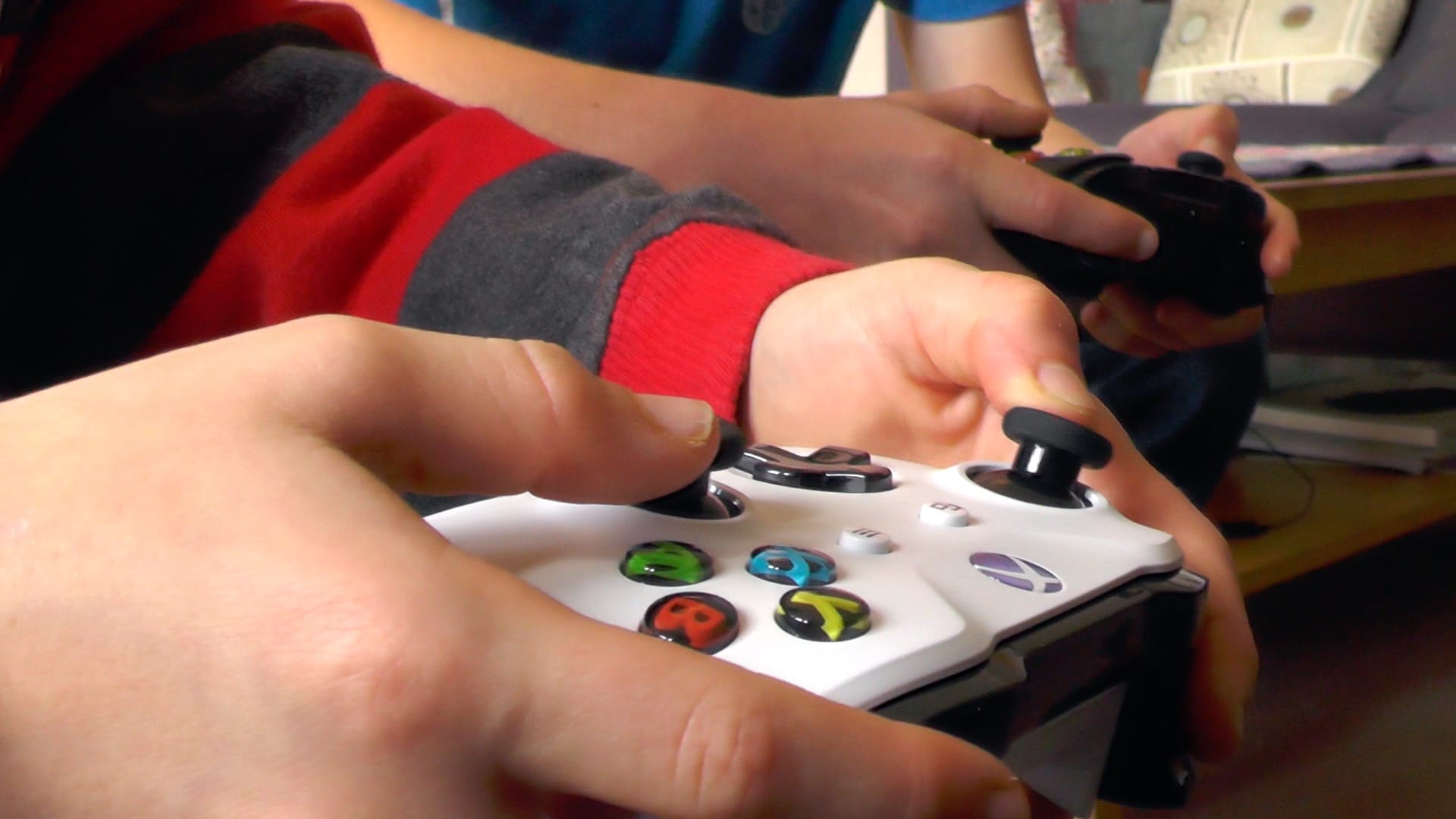Behind the headlines: Understanding 'gaming disorder'

If you watched, read or listened to the news today, you've likely come across stories about 'gaming disorder'.
The World Health Organisation – or 'WHO' – has today for the first time listed 'gaming disorder' in the 11th edition of the International Classification of Diseases. It should be noted that the publication and listing of 'gaming disorder' is only in preparation for consideration by the WHO, with a final decision set to be made in 2019. But what is 'gaming disorder', is it a reality, and what can you do if you're worried about gaming time in your family?
Perceived as a clinical condition by the WHO, their definition of 'gaming disorder' can be understood as – in layperson's terms – something of an addiction problem. The WHO cites three tenants of which gaming disorder is made up: gaming taking priority over the rest of life, impaired control of the addiction, and significant distress caused to social life, education, family and personal relationships, as well as negative impact on diet, sleep and physical activity.
As for how much gaming is needed to be diagnosed with the proposed disorder, as is often the case with addiction-related conditions, it is not only about the amount of hours devoted; it is really about how much the urge to play games impacts and directs your life. The press have uncovered stories of those who play over 10 hours of video games a day, but the WHO focuses instead on "impaired control over gaming, increasing priority given to gaming over other activities to the extent that gaming takes precedence over other interests and daily activities, and continuation or escalation of gaming despite the occurrence of negative consequences."
However, not everybody agrees with the WHO. There are many experts, for example, who feel the diagnosis is not without problems. Some criticise its credibility altogether, while others have expressed concerns about misdiagnosing other forms of behaviour.
This morning a group of gaming organisations across the world, including UK gaming industry trade body Ukie (which supports AskAboutGames) have issued a joint statement pointing out just how many players have a healthy, safe and beneficial relation ship with playing games, and questioning the validity of the diagnosis.
"Video games across all kinds of genres, devices and platforms are enjoyed safely and sensibly by more than 2 billion people worldwide, with the educational, therapeutic, and recreational value of games being well-founded and widely recognised," the joint statement reads. "We are therefore concerned to see ‘gaming disorder’ still contained in the latest version of the WHO’s ICD-11 despite significant opposition from the medical and scientific community. The evidence for its inclusion remains highly contested and inconclusive. We hope that the WHO will reconsider the mounting evidence put before them before proposing inclusion of ‘gaming disorder’ in the final version of ICD-11 to be endorsed next year. We understand that our industry and supporters around the world will continue raising their voices in opposition to this move and urge the WHO to avoid taking steps that would have unjustified implications for national health systems across the world."
[UPDATED COPY] The games industry has pointed to concerns about the inclusion of ‘gaming disorder’ expressed by the scientific and medical community. Many worldwide experts are concerned that the methodology and process behind the WHO's arrival at their definition of 'gaming disorder' is flawed, and may lead to a misdiagnosis of existing mental health conditions, as well as the services that support them. In an academic debate paper contributed to from specialists from Oxford University, Stockholm University and many more, the notion is put forward that a more thorough exploration of the problem will prove to be more helpful for both those impacted by excessive gaming, and those that enjoy gaming in a healthy, normal way. [UPDATE ENDS] Speaking to CNN, Anthony Bean, a licensed psychologist and executive director at mental health clinic The Telos Project stated that he felt the diagnosis was 'premature', noting that even gamers who are themselves concerned that they are becoming addicted are actually using gaming "more as a coping mechanism for either anxiety or depression." There, a focus on the depression or anxiety may be more helpful than a focus purely on addiction.Meanwhile, as quoted by the BBC, Dr Richard Graham, lead technology addiction specialist at London's Nightingale Hospital, pointed out that while the WHO's move may help bring attention to the problem of gaming addiction, there is need for relative calm, and noted that the WHO classification "could lead to confused parents whose children are just enthusiastic gamers."
Of course, anyone can play too many games; just as with other mediums, online time, and even work (which can become a seriously debilitating addiction), too much of something at the expense of other factors of life and health can be very problematic. Most would agree that 10-hours a day everyday is far too much. That does not mean, though, that all gaming time is bad – indeed, as covered by Engadget there are many benefits. Equally there is no suggestion that all gamers will have problems associated with the past time.
Far from it, in fact.
Because even the WHO has listed its diagnosed disorder as only affecting a small number of users. And their advice to anyone who cares about somebody who plays games?
"Be alert to the amount of time they spend on gaming activities, particularly when it is to the exclusion of other daily activities, as well as to any changes in their physical or psychological health and social functioning that could be attributed to their pattern of gaming behaviour."
Sensible, practical advice there. But from an organisation that many feel has been a little too knee jerk, hasty and imprecise with its diagnosis.





